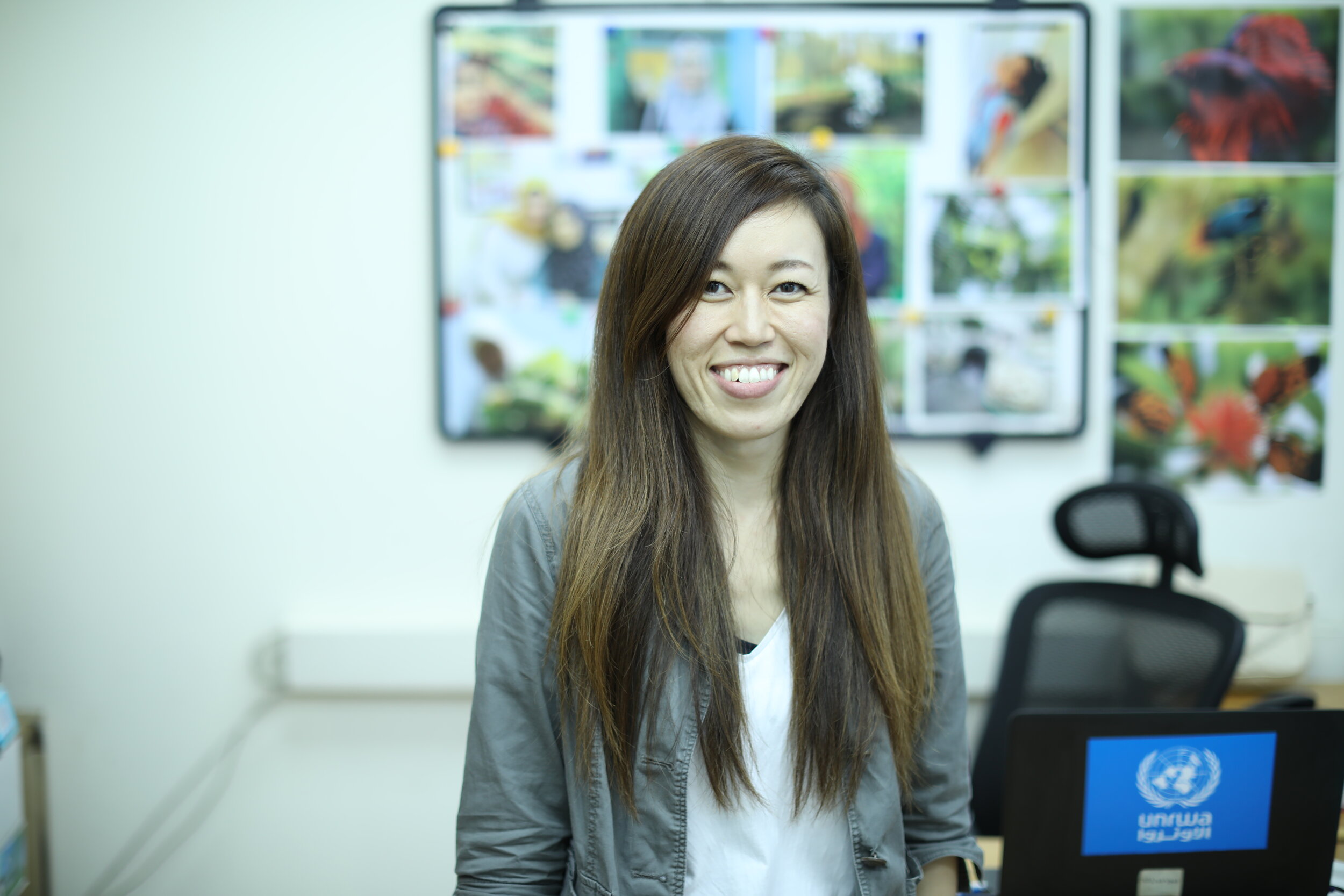Joëlle is enrolled in the online M.A. in International Law & Diplomacy (UPEACE/UNITAR). She is currently living in Switzerland and is simultaneously working as Head of Operations and Co-head of International Litigation at AsyLex, an online legal advisory for asylum seekers and refugees.
For the first semester, we were lucky enough to have Joëlle here with us in Costa Rica. At our favourite cafe spot, Tulsi, I sat down with Joëlle to discuss her desire to make the world a borderless place, how she got to where she is today, and find out whose money she wants and why…
J: You know what I really just still can’t comprehend? The lottery of birth. Why do some of us have a life so full of privilege and others have to deal with such difficulty and hardship? To me, it is the ultimate injustice. I have had the privilege to travel. With my Swiss passport, I can come here to study in Costa Rica with no problem. But in contrast, my Indian counterparts face extensive visa processes when trying to move around Latin America, and if you are trying to flee the Taliban regime in Afghanistan, you cannot even access a visa to seek asylum through a safe and legal route.
If I could change one thing about the world, it would be to deconstruct borders. I would remove them all. Don’t get me wrong, I understand the uses that they have and I am aware that governing the whole globe would bring about a new set of challenges. But I really just hate this concept of borders and the exclusionist policies they promote. It doesn’t make any sense to me. I would make free movement accessible to everyone.
Up until now, my career path has been a progressive journey to find the work that I believe has the most potential to have a real impact. When I was interning and volunteering with forced migrants in Greece, France and South Africa, I realised how useful the law is as a way to truly assist refugees. Yes, accompanying people to doctors appointments or doing their shopping for them is important and essential work, but I wanted to do something that changed the situation these people are in in the first place, to try and work towards a position where they have the power, where they have their basic rights, and where they do not need “assistance” to carry out daily tasks. And I realised that to do this, you need to know the law and how a legal system works, as it can be a really useful tool to protect you and others.
My next step on this journey of human rights advocacy is my work now as a legal representative for asylum-seekers. I want to build on this to really advocate to important stakeholders who have the power to change things in favour of the less privileged people. That is why I am studying diplomacy, to learn how to convince someone to act in the interest of less privileged persons. I feel that at the end of the day, because we are living in a capitalist system, money is really what you need to change the world. I want to be able to persuade the people in our society who have huge amounts of capital to support human rights causes. I want to be able to think like people with money, to advocate to them and to make human rights issues matter to them, because it should matter to them, and so much of the work we are trying to do ultimately depends on funding and financial backing.
I think the world would be a better place if people did less talking and more listening. It would open up the possibility to understand the other side. Once you know a person, you are more willing to help them because you have had that very basic human interaction. It would be great, for example, if companies carried out exchange programmes with their employees, making it mandatory to go and live somewhere else. First, they would participate in workshops with their international counterparts before trading places and going to live in each other's shoes for a while. And this brings me back to my point about advocating with corporations. We need them to be a part of the human rights movement, too. I believe, through diplomacy, we can make this happen, and I am utterly determined to do so.
To find out more about Joëlle’s work and what they do at AsyLex click the link below: https://www.asylex.ch/?about
Written by: Lillie Toon
Photo by: Jed Allen





